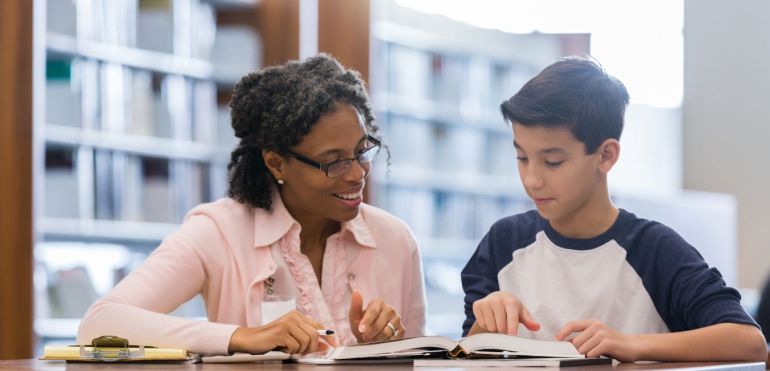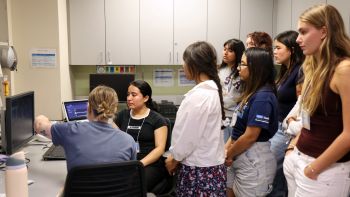What helps students feel as though they belong at their school?
Last month, National Scientific Council on Adolescence member Joanna Williams, Senior Director of Research at Search Institute, talked about belonging—what it means, why it matters, and how adults can help students feel like they belong—with the Sacramento County Office of Education’s Social Emotional Learning Community of Practice about belonging.
Belonging is the feeling that we’re integral and needed in the spaces and communities where we spend time–in our families, friend groups, school, out-of-school spaces, and our neighborhoods, for example.
The need to belong is fundamental to our wellbeing and rooted in our biology–feeling and being connected to others has always been necessary for our survival. It is also critical for learning.
When students belong, they feel safe, supported, respected and accepted. And feeling rooted in a sense of belonging supports a range of benefits for young people, including positive mental health, academic engagement and performance, self-esteem and self-efficacy, and future trajectories of employment, education, and training.
Conversely, feelings of NOT belonging can be painful, especially during adolescence when areas of our brain that attune to social feedback are developing rapidly in response to our experiences. Not belonging is associated with social isolation, poor mental and physical health, school disengagement, antisocial behavior, and finding unhealthy alternative spaces for belonging.
“When we feel threatened–when we feel like we don’t belong, like people don’t want us to be there–we can’t learn,” Joanna said.
Many aspects of the school environment can support belonging, including school policies, school climate, and peers. Research has shown that one factor that is critical for student belonging in school is teacher support. And one of the best ways educators can provide the kind of caring support that fosters a sense of belonging is through developmental relationships.
Developmental relationships are close connections with adults through which young people discover who they are, gain abilities to shape their own lives, and learn how to interact with and contribute to the world around them. These strong relationships go hand-in-hand with equitable practices within a school, including the creation of safe and just spaces for young people, discussions of equity, and critical reflection on racism.
So how can teachers help build critical developmental relationships to help their students feel like they belong–and in turn help them thrive in the classroom?
Search Institute uses a framework of five elements that support developmental relationships with young people:
- Expressing care by being dependable, listening, making a young person feel known and valued, showing warmth, and offering encouragement
- Challenging growth by holding youth accountable for their actions, expecting their best, and helping them stretch themselves and reflect on mistakes and setbacks along the way
- Providing support by empowering and advocating for young people, helping youth navigate hard situations, and setting boundaries as necessary
- Sharing power by including, respecting, and collaborating with youth and providing opportunities for them to lead
- Expanding possibilities by inspiring young people, broadening their horizons, and connecting them with others who can help them grow
To learn more about developmental relationships, visit Search Institute.



